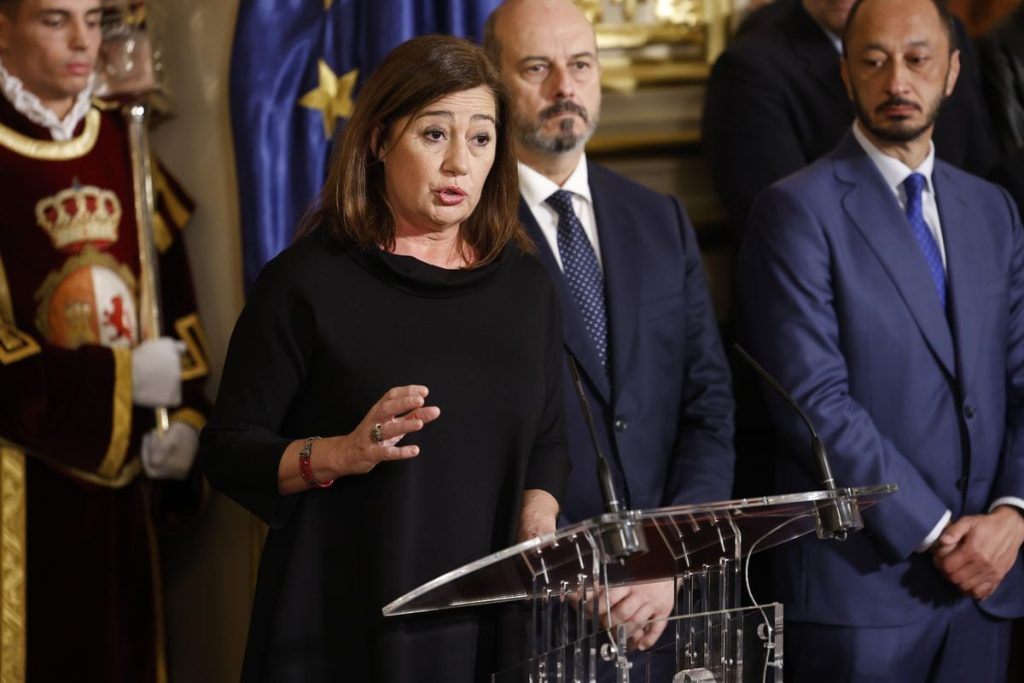Aitor Esteban, the spokesperson for the Basque Group in the Congress, highlighted the challenge of accommodating the various nations within the Spanish State in the Constitution. He emphasized the need for national recognition, bilateral agreements, and a neutral arbiter that represents all parties involved. Esteban mentioned that the Basque Nationalist Party didn’t vote in favor of the Constitution, and criticized the lack of exclusive competencies for Autonomous Communities, despite what their statutes state.
During an event on the island of El Hierro commemorating the Constitution, Esteban reiterated the importance of addressing the issue of national recognition and ensuring that all nations within the State are adequately represented. He emphasized the need for a neutral arbiter that can mediate disputes effectively, as the current Tribunal Constitucional does not provide a fair representation for all parties involved. Esteban’s comments reflect the ongoing debate about the relationship between the central government and the different regions in Spain.
The PNV’s decision not to vote in favor of the Constitution highlights the complex dynamics between the various nations within Spain and the central government. The lack of exclusive competencies for Autonomous Communities, despite what their statutes state, underscores the challenges in balancing power and autonomy between different levels of government. Esteban’s remarks suggest that there is still work to be done to ensure that all nations within the State have a voice in the decision-making process.
The issue of national recognition and the need for a neutral arbiter to mediate disputes are critical components in addressing the complexities of the Spanish political landscape. Esteban’s comments serve as a reminder of the ongoing debates surrounding the Constitution and the relationship between the central government and the Autonomous Communities. The call for recognition, bilateral agreements, and a neutral arbiter reflects the PNV’s commitment to ensuring that all nations within the State are adequately represented and have a say in the decision-making process.
As Spain continues to grapple with the challenges of regional autonomy and national identity, the remarks made by Esteban shed light on the complexities of the current political landscape. The PNV’s decision not to vote in favor of the Constitution and their emphasis on national recognition and bilateral agreements underscore the ongoing tensions between the central government and the various nations within Spain. Moving forward, it will be essential to address these issues to ensure a more inclusive and equitable political system for all parties involved.


